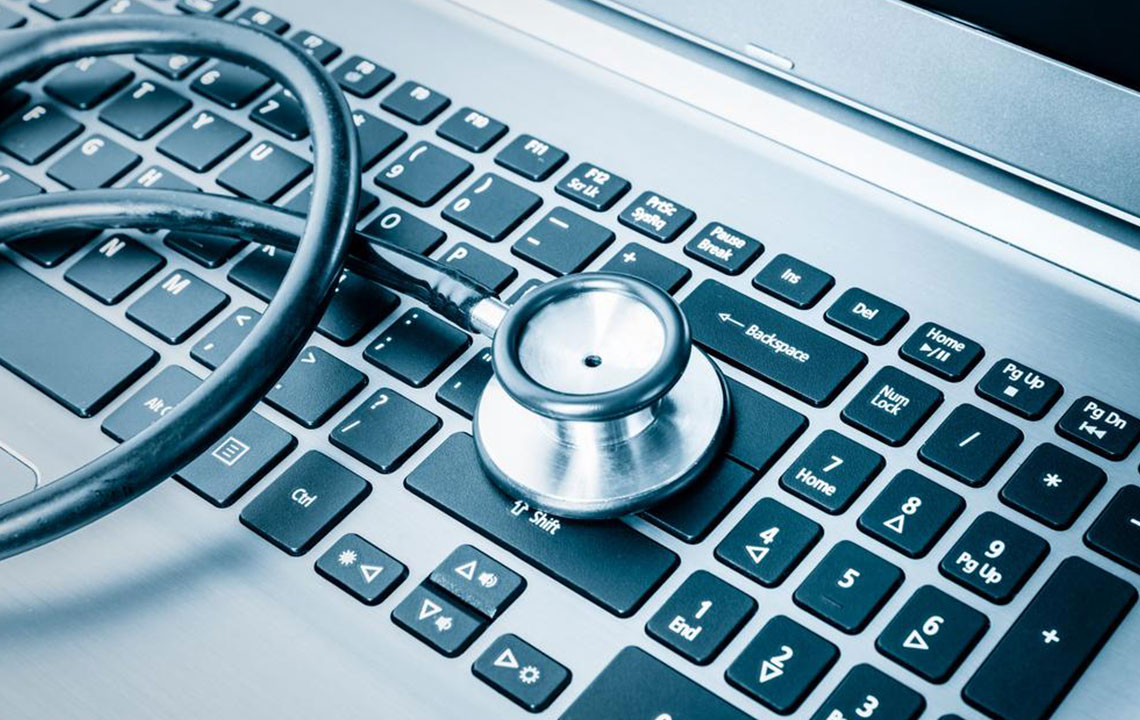EMR and EHR – What is the difference
Both these terms—electronic medical records (EMR) and electronic health records (EHR)—seem to have a simple change of an alphabet in the middle, but still, both of the terms are used by doctors, patients and other health practitioners interchangeably. There is a slight difference between these two forms of record systems. Let us find out more.
Know the difference
Before we delve any further, we must first understand what the two terms mean.

Data usage
While the EMR or Electronic Medical Record will keep track of all the information about the ailment for which the patient may visit the doctor, it also helps in setting screening schedules depending on the health and other metrics defined with the records. The EHR goes a little further by depicting the health of the patient. This information is not merely collected and collated, but it is also in a format which can be shared across health organizations and with clinicians who can compute this data to help in better care giving practices across various clinical settings.
Benefits
While the Electronic Medical Records will talk about the ailment and screening schedules, the EHR will be helpful in emergency situations as well so that proper care may be accorded without having to hunt for the appropriate health information.
Maintaining medical records is of utmost importance in today’s day and age so that one can get the right care at the right time for timely treatment of an ailment.




